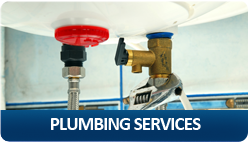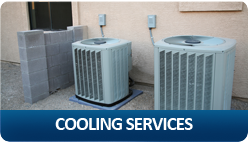You have a clogged toilet again. To help you avoid any future clogs, floods or plumbing problems, we asked plumbers to share their customers’ biggest mistakes—and how they can be avoided.
1. Reach for the Drano.
Forget using chemicals to open or clear drains—they rarely get the job all the way done. Plus, not only are the chemicals very harsh and dangerous for you to handle, they can also ruin drain pipes and the equipment used to clear the stoppage. Hint: To prevent blockages in the first place, keep notorious cloggers like grease and hair out of drains.
2. Use the toilet like a garbage can.
Even if they’re labeled “flushable,” don’t toss feminine hygiene products, personal cleaning wipes, toilet scrubbers, make-up remover pads or cat litter into the toilet. The fact is, they don’t disintegrate quickly enough and can ultimately block the drain pipe.
3. Handle the plumbing problems yourself
Don’t try to diagnose and fix a plumbing problem yourself, or hire a handyman to do plumbing work. Plumbers can find and correct a problem faster than an amateur can, which will save you money in the long run.
4. No idea where the main water valve is.
Don’t be in the dark when it comes to knowing the location of the main water valve and every emergency shut off valve in your house. And while you’re at it, learn how to turn off these valves. It’s easy but if you’d prefer to have pro show you how, many plumbers will check emergency shut-off valves at no charge.
5. Use drop in toilet fresheners.
Ditch the drop-in tank toilet fresheners. You may love the blue water it makes in your toilet bowl, but these tablets often contain chemicals that wear out working parts inside the tank. Plus, as these tablets disintegrate, they can get stuck in the flush valve and prevent the toilet from flushing.
6. Forget to replace the hoses.
Water hoses don’t give any warning before they burst, so avoid a potential flood by changing out rubber hoses on washing machines and dishwashers every five years. When you do replace them, use stainless steel on all water lines, if possible.
7. No leak protection system.
Don’t skimp on water leak protection. It only costs a few hundred dollars to get a water leak protection system that offers both an alarm and a main water shut-off should a leak occur in your water heater, dishwasher, sinks and more.
8. The hot water heater is outdated.
Don’t think your tank water heater will last forever—the average lifespan is 8-12 years. Just like toast tends to fall butter-side down on the floor, your 20-year-old tank will inevitably fail and flood while you are on vacation.
9. Overload the garbage disposal.
Be kind to your garbage disposal: Don’t pour grease into it (the goopy stuff will eventually solidify and clog the drain), and don’t put in fibrous food like celery and artichokes. Also avoid pushing through large amounts of garbage at once. Instead, feed garbage slowly into the disposal with cold running water.
10. Mess with the water heater’s pressure valve.
Don’t try to drain your water heater or test the temperature and pressure valve yourself. These need to be done professionally. If the valve is not properly removed, the pressure from the tank can disperse scalding hot water that could cause serious burns as well as property damage.
For help with plumbing problems, contact Greater Boston Plumbing and Heating.
Today.com







